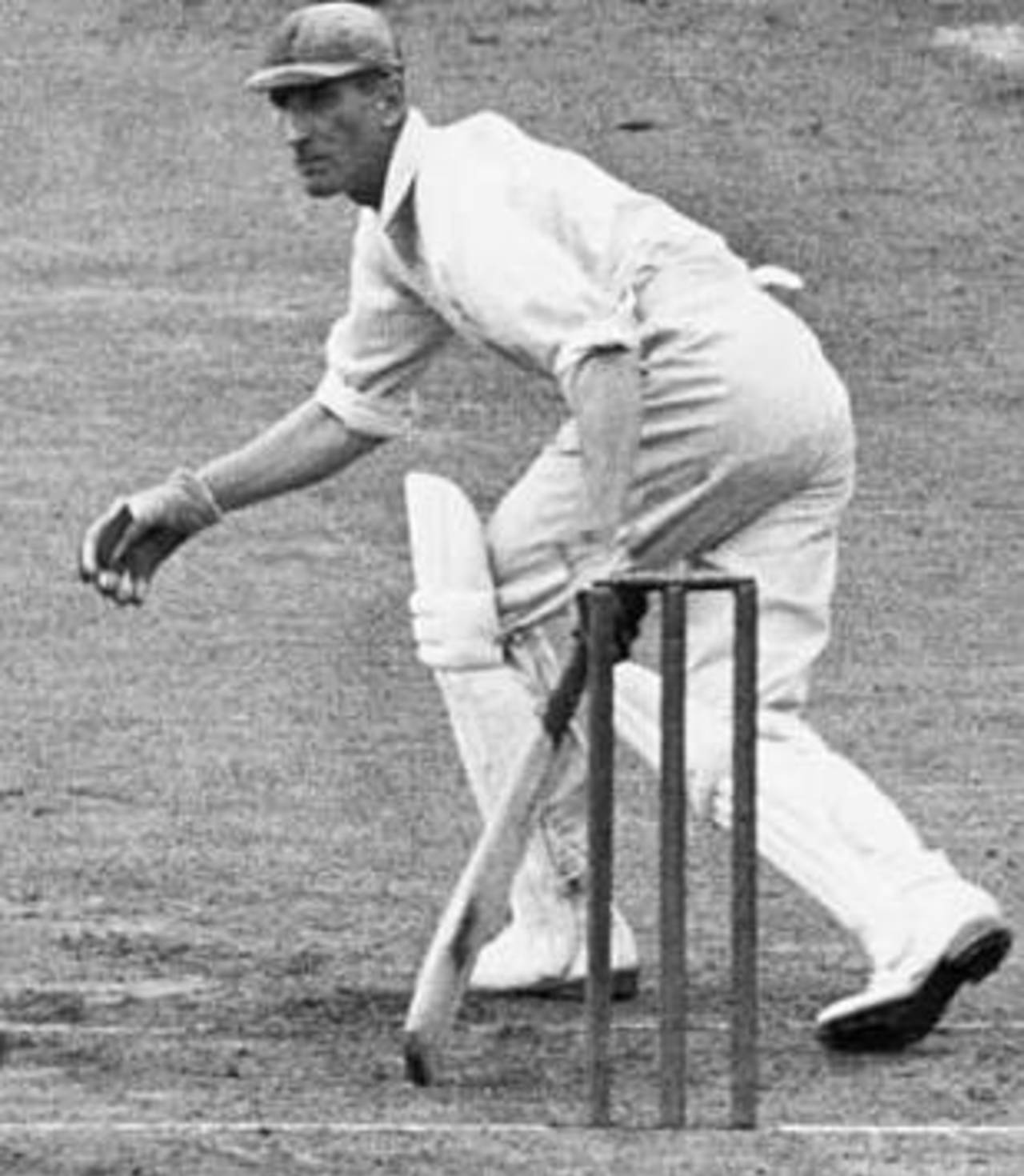Although the amateur era in England ended in 1962, the question remains in a slightly evolved form worldwide. It is the one asked during the 1960s by CLR James: "What do they know of cricket who only cricket know?"
The amateurs of old England had jobs outside cricket, or in the case of privileged few, had enough inherited wealth so that they did not have to work. The best of them - Douglas Jardine to name but one - played with even greater enthusiasm than professionals, for the very reason that they did not play every day. The majority, though, weren't very good and used county cricket as a "bit of a lark" during their summer holidays.
Outside England, in every other Test-playing country, only a handful of cricketers managed to make a living from the fees they earned for playing first-class cricket and Test cricket - until World Series Cricket arrived in 1977. Many a player had found a decent job because his employer was keen on cricket and liked to have him on the payroll with all the prestige that came attached. But as a rule the only full-time professionals were to be found in England until a generation or so ago.
Inevitably the amateurs of the past had a wider background and experience than the cricketers of today, who go from school through age-group sides to cricket academy to full-time cricket without seeing anything of life outside grounds and dressing rooms. And this new regime seems to be necessary in today's game, for players will otherwise be left behind - such is the international standard.
But is such a narrow upbringing the best for a player's mind? Well, the jury is still out. But for the moment we can judge that batsmen like Sachin Tendulkar and Michael Vaughan seem to be none the worse for having played cricket all their lives with few other interests outside sport.
Captaincy, however, is another matter. Here the limited evidence suggests that the best captain has a wider range of personal experience and therefore of sympathy than the full-time career pro. In England, the era of Mike Atherton and Nasser Hussain, who were amateurs in the sense that they went to university before becoming full-time pros, has gone. Vaughan and his probable successor Marcus Trescothick* have been full-time cricketers almost all their lives. Can such people be as imaginative, skillful at man-management, and effective as Frank Worrell, Jardine, the Nawab of Pataudi and so on? Let us wait and see.
